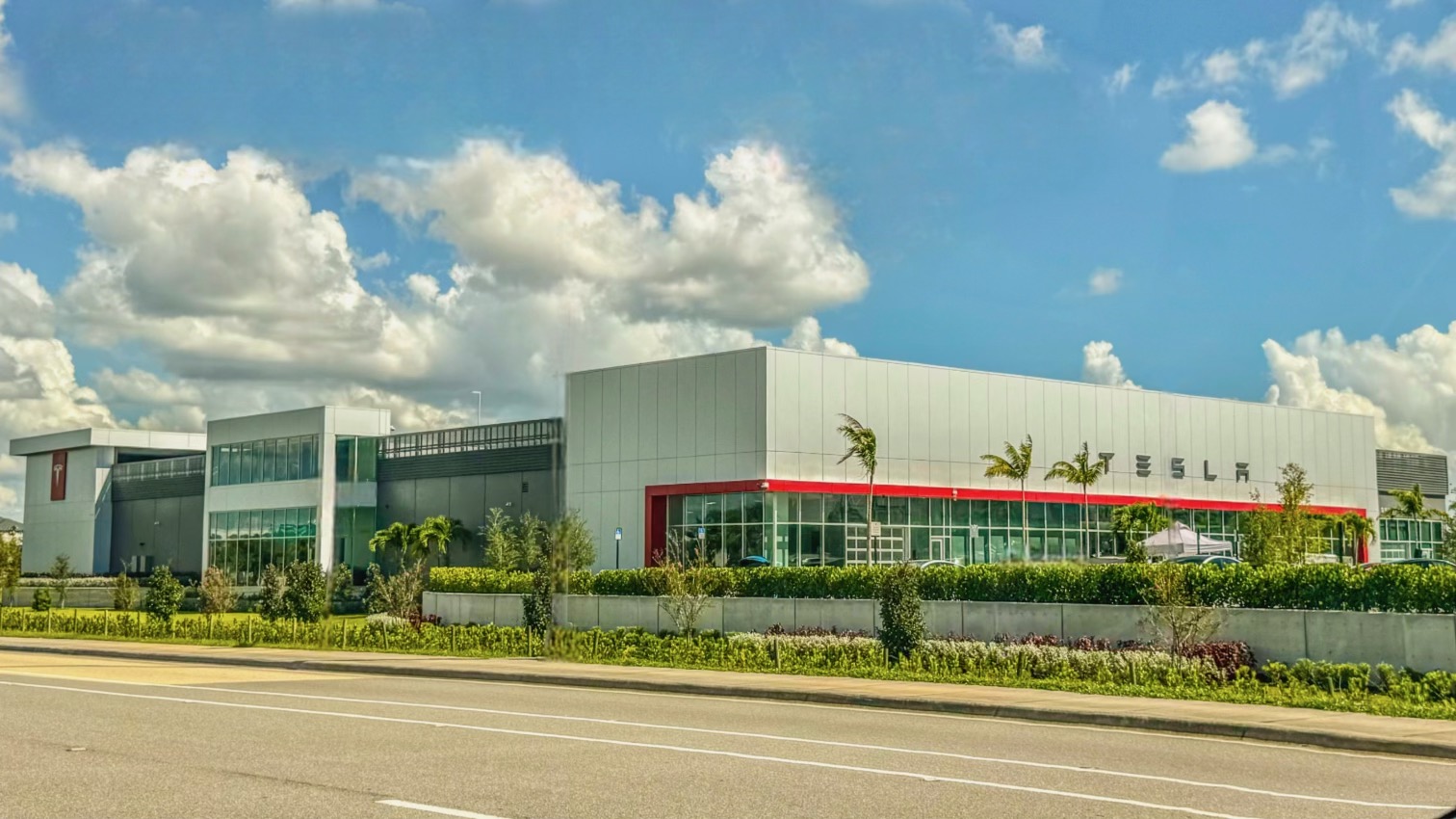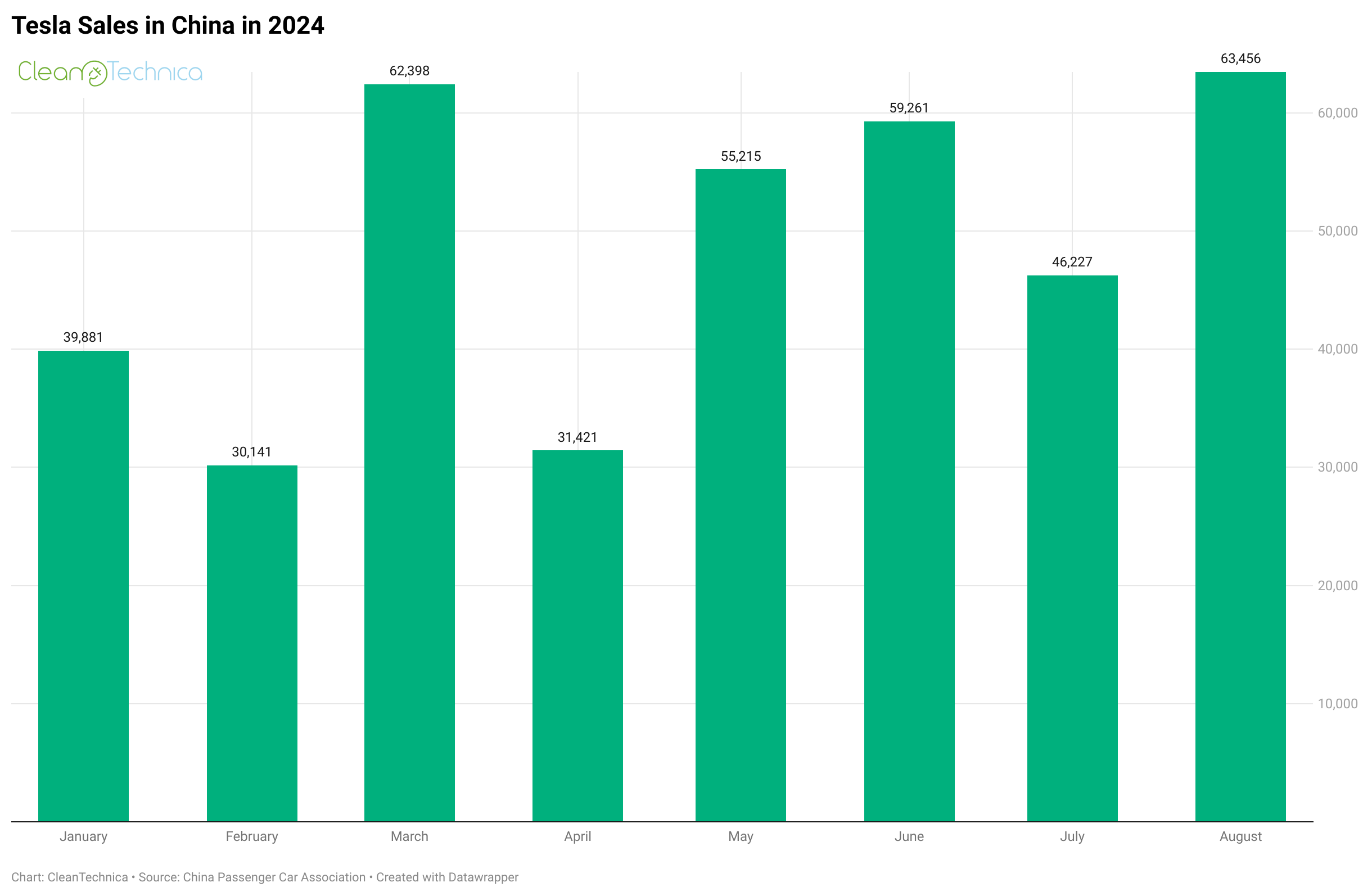Members of the Melanesian Spearhead Group have issued a moratorium on deep-sea mining, putting a hold on emerging projects in each jurisdiction.
The group comprises of leaders from Papua New Guinea (PNG), Fiji, the Solomon Islands, Vanuatu and pro-independence political parties from the French territory of New Caledonia.
The moratorium cited environmental instability and a lack of research into the effects of deep-sea mining.
“(The members recall) Pacific Island Leaders identifying climate change as the single greatest existential threat facing the Blue Pacific Continent and subsequent declaration at the Pacific is in a state of climate emergency,” the moratorium said.
“(The members acknowledge) that very little is known of the effect of seabed mining to the ecosystems of the ocean and sensitive to the ways in which initiatives by one country can affect development prospects, including the natural environment beyond national boundaries, including the common heritage of humanity.”
The moratorium will see the Solwara 1 deep-sea sulphide mining project in PNG put on hold, with PNG Prime Minister James Marape saying that PNG will play a “big brother” role in the region to ensure environmental sustainability.
“Papua New Guinea, as a responsible big brother in the region, we had to subscribe to majority views in the Pacific and we place a moratorium on deep-sea mining in the country,” Marape said.
Deep-sea mining refers to the process of mining mineral deposits from the deep seabed, below 200m.
The deep seabed covers about two-thirds of the total seafloor.




